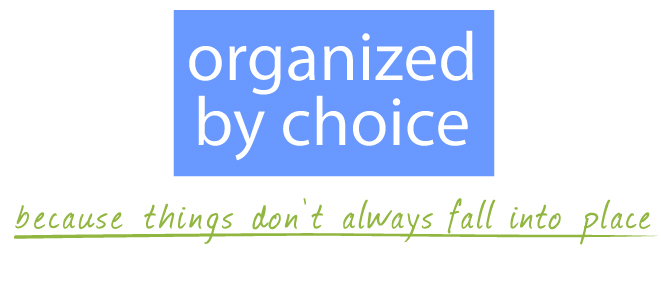Devastate (Merriam-Webster):
To bring to ruin or desolation by violent action
To reduce to chaos, disorder, helplessness
Hurricanes and hoarding devastate in those terms, in that respective order.
Similarities:
Neither is respective of socio-economic status, education, race, ethnicity, culture, or political views.
A hurricane can render a home unsafe for habitation. Hoarding reduces order to chaos causing health and safety issues.
Both experience pain over the loss of treasured belongings.
Both require supportive teams to rebuild or regain control.
Structural changes are required in rebuilding after a hurricane to ensure future stability. Behavioral changes are required to promote lasting change in hoarding environments.
Differences:
Hurricane forces instantly create piles of rubble. Hoarding takes place over time, creating what appears to be piles of rubbish.
A hurricane victim looks desperately for help to fix the situation. A person who hoards may not acknowledge there's a problem at all.
One of the most unfortunate differences is the response of those around them. The hurricane victim is surrounded by compassionate support. For many who hoard, the response they encounter is disgust, judgement, and criticism.
Understanding more can benefit those dealing with compulsive hoarding and those who care about them.
Few people with hoarding disorder reach out for help. They find satisfaction and comfort in the process of bringing more into their homes, even when it begins to encroach upon living spaces and render stoves, tubs, toilets, halls, and rooms unusable. Some who want to stop find it nearly impossible no matter how hard they try.
The distress of discarding a piece of string or even a used paper plate can equal that of letting go of a sentimental gift from a loved one. Without recognizing this aspect, it's easy for friends and family to misinterpret reluctance to clean up as laziness or being unappreciative of an offer to help "take out the trash."
David Dudley, in Conquering Clutter Jan/Feb 2007, said of working with his dad, "What I didn't understand until it was much too late was that the objects going out the door were not objects at all. Often the items that had been used the least were the hardest to throw out, symbolizing not fond memory, but never-tapped potential. They were, as my father said while I hauled off a nearly new portable gas grill, 'artifacts of unused life.'"
People with hoarding disorder have a creative gift of seeing potential in everything they collect. Arguing with them about keeping something that appears of no value to you, can solidify their commitment to it as they make their case for keeping it.
The conflict between a person who compulsively hoards and the one concerned for his health and safety can be devastating to the relationship. Creating change by force or threatening a call to the authorities has potential for ending the relationship.
Approach with an attitude of compassion and understanding. Digging Out--Helping Your Loved One Manage Clutter, Hoarding, and Compulsive Acquiring, by Michael A. Tompkins, Ph.D. and Tamara L. Hartl, Ph.D. provides steps for gradual and lasting change. Not saying it's easy, by any means, but it's a good resource.
If you think you're dealing with compulsive hoarding yourself, there is hope. As with any change, the reason to change must outweigh the reason for not changing. Start with a serious look at your values. Is your home supporting what's most important to you?
A helpful resource for personal change is Buried in Treasures--Help for Compulsive Acquiring, Saving, and Hoarding, by David F. Tolin, Ph.D., Randy O. Frost Ph.D., and Gail Steketee Ph.D. The authors also recommend seeking mental health care from a professional. For some, treating comorbidities such as depression, inattention, or anxiety is necessary in the process.
Clutter itself does not equal compulsive hoarding. Many of the people I work with have clutter, but a very small percentage have a hoarding disorder. For clarification on the difference between compulsive hoarding and other clutter issues, visit IOCDF.org.
We don't yet have ways to prevent hurricanes or cure compulsive hoarding, but together we can decrease the devastation.
Wise Words
I already know what giving up feels like. I want to see what happens if I don't. --Neila Rey



